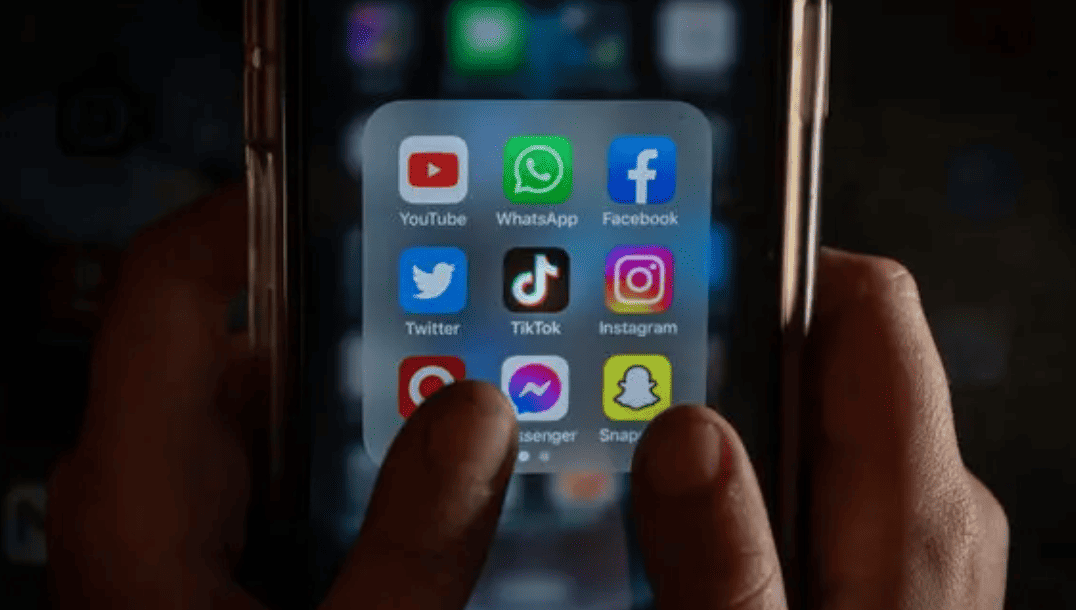Another day, another lawsuit, but this time New York City is taking on some of the biggest names in tech. The city has filed a major federal suit accusing Facebook, Instagram, TikTok, YouTube, and Snapchat of knowingly fueling a youth mental health crisis by designing apps that keep kids glued to their screens.
Get this, the suit argues that these platforms use manipulative algorithms and reward-based systems meant to trigger dopamine hits, keeping young users endlessly scrolling. City lawyers claim the companies deliberately engineered these addictive features to boost profits, all while ignoring the long-term damage being done to developing minds.
Not going to argue that point.
According to data included in the filing, more than three-quarters of New York City high school students spend at least three hours a day online, with girls reporting even higher numbers. Officials say that level of screen use is contributing to a rise in depression, anxiety, poor sleep, and falling grades. The suit also links heavy social media consumption to increased absenteeism across the city’s public schools.
Mayor Eric Adams called the lawsuit a necessary step in holding tech companies accountable for what he described as “a public health emergency in plain sight.” City Health Commissioner Dr. Ashwin Vasan added that social media has become “the new tobacco” for young people, warning that its addictive design and endless validation loops are leaving a generation emotionally drained.
The lawsuit seeks to force major reforms in how these platforms operate, including stricter safeguards for minors and transparency about how algorithms target and retain young users. It also calls for damages to offset the rising costs of youth mental health care and educational disruptions tied to excessive screen time.
Tech companies named in the suit have not yet issued detailed responses, but representatives from several platforms insist they already provide safety tools for parents and invest in research to promote healthy online habits.
Still, New York City’s move adds to a growing wave of legal challenges against Silicon Valley’s biggest players, as lawmakers and health experts continue to question whether the price of online engagement has become too high for the next generation.

